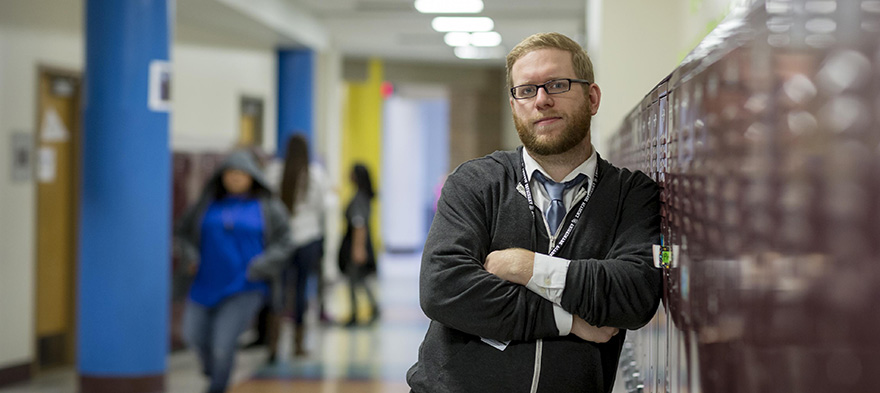Michael Vaughn was the founding Communications Director of Education Post. Prior to that, Mike worked for 18 years in the communications offices of two urban school districts. He served in a variety of communications roles for the Chicago Public Schools starting in 1996, shortly after Mayor Richard M. Daley took control of CPS, and eventually served as the district's Communications Director until ...


